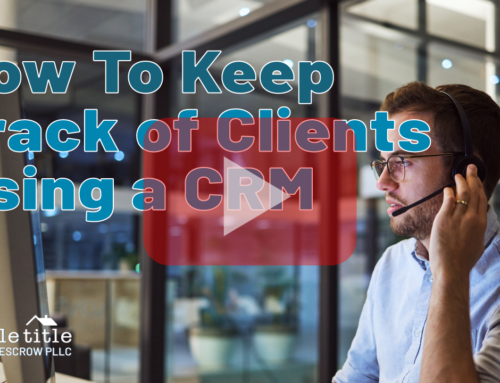Are you a real estate agent looking to increase the value of your properties and get them off the market faster? Did you know that staging a real estate property can be an effective strategy to help you do just that? This blog article will explore why staging a real estate property is worth it for real estate agents.
We’ll discuss the benefits of staging, explain the different types of staging, and provide actionable tips you can use to stage your properties effectively. So if you’re ready to learn why staging is a great investment for real estate agents, let’s get started!
Benefits of Staging
Staging a real estate property is a great way to increase the value of a property and make it easier to sell. Staging gives potential buyers a better idea of the potential of a property and helps them visualize themselves living in the home. It makes the space feel more inviting and attractive, and it can also help buyers get a better sense of the home’s layout and design.
Staging isn’t just about making a property look nicer. It also gives potential buyers a positive impression of the property and can make all the difference in closing a sale. By staging a property, real estate agents can create a sense of purpose and give buyers an idea of the kind of lifestyle they could have if they purchased the property. Staging can also help make the home appear larger by carefully arranging furniture, artwork, and other decors in a way that makes the property look bigger than it is.
Types of Staging
Staging a real estate property is an increasingly popular strategy used by real estate agents to increase the property’s sale price, sell it faster, and create a great impression of the property for potential buyers. There are several types of staging, each with its benefits and drawbacks.
The most basic type of staging is property staging, which involves ensuring that the property is in optimal condition for potential buyers. This involves things like deep cleaning, organizing, and decluttering the property to create a pleasant, inviting environment. Property staging is one of the most cost-effective types of staging and can help significantly improve the property’s perceived value.
The second type of staging is furniture staging, which involves adding furniture, artwork, and other items to the property to create a compelling ambiance. Furniture staging is a great way to make a property look more attractive and inviting to potential buyers. However, it can be more expensive and time-consuming than property staging, requiring additional furniture, artwork, and other items.
The third type of staging is virtual staging, which involves digitally adding furniture, artwork, and other items to the property. Virtual staging is a great way to make a property look more attractive without investing in additional furniture or artwork. It is also less time-consuming, as it can be done quickly and easily using digital tools.
When considering which type of staging is best for a particular property, it is important to consider the cost, time, and effort involved for each type. Staging a real estate property can be an effective strategy to help real estate agents increase the value of their properties and get them off the market faster; by understanding the different types of staging and their benefits, real estate agents can make an informed decision and choose the best option for their needs.
Actionable Tips for Effective Staging
Now that you understand why staging a real estate property is a beneficial investment let’s explore some actionable tips to help you stage your properties effectively.
First, use neutral colors for paint, furnishings, and decorations to create a calming atmosphere. Second, de-clutter the space by removing unnecessary items and creating tidy, organized areas. Third, use details like plants and artwork to give the property a homey, inviting feel. Finally, use natural light to make the space feel larger and brighter.
By following these actionable tips, you can effectively stage a real estate property and increase its value before it goes on the market.
By staging a property, real estate agents can make it much easier to close a successful sale. Staging can make a property feel more inviting and make it easier for potential buyers to imagine themselves living in the space. It can also help showcase the property’s potential and make it easier to close a sale. Plus, staging a property can lead to a faster sale and higher profits for real estate agents.




